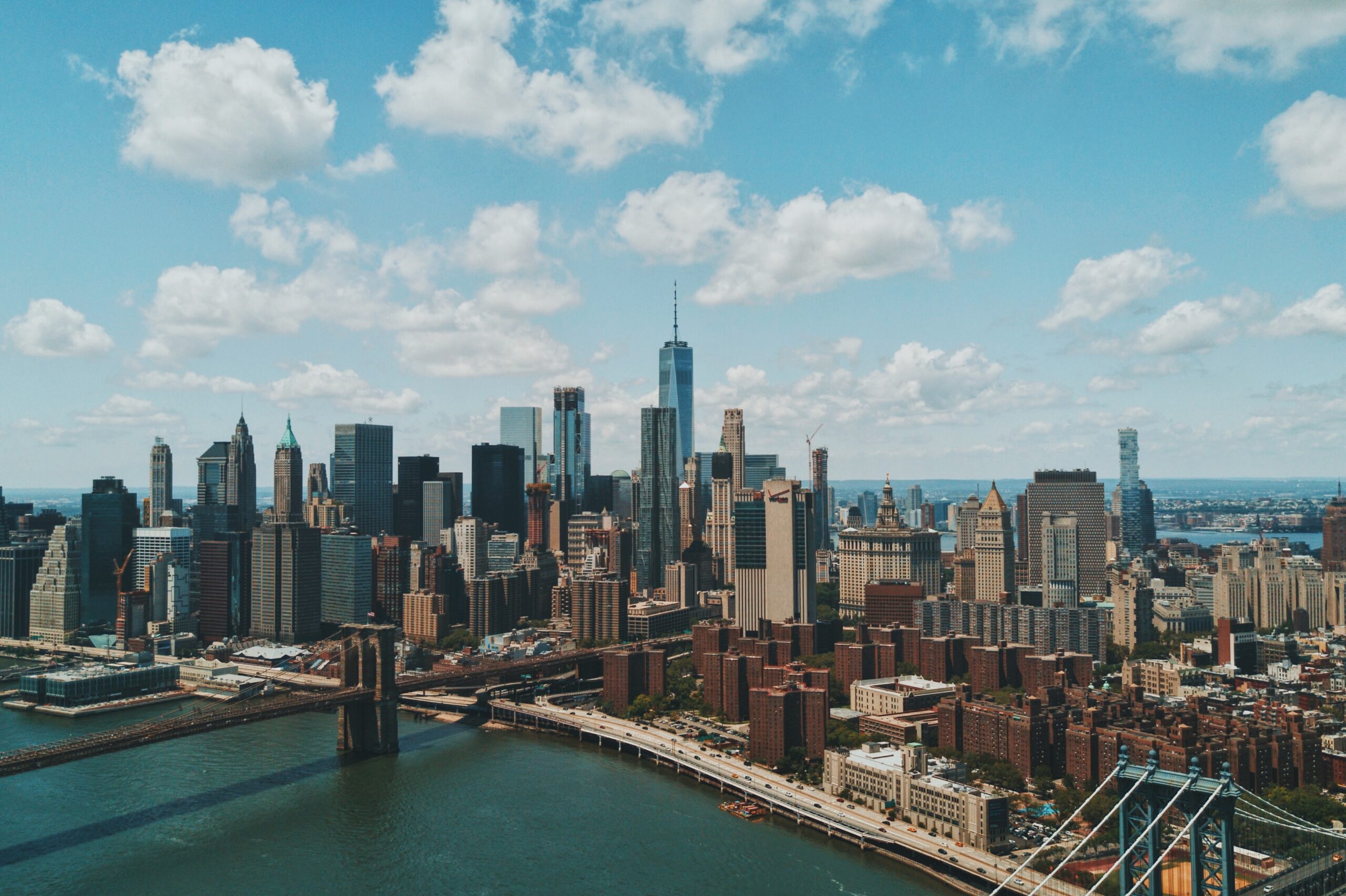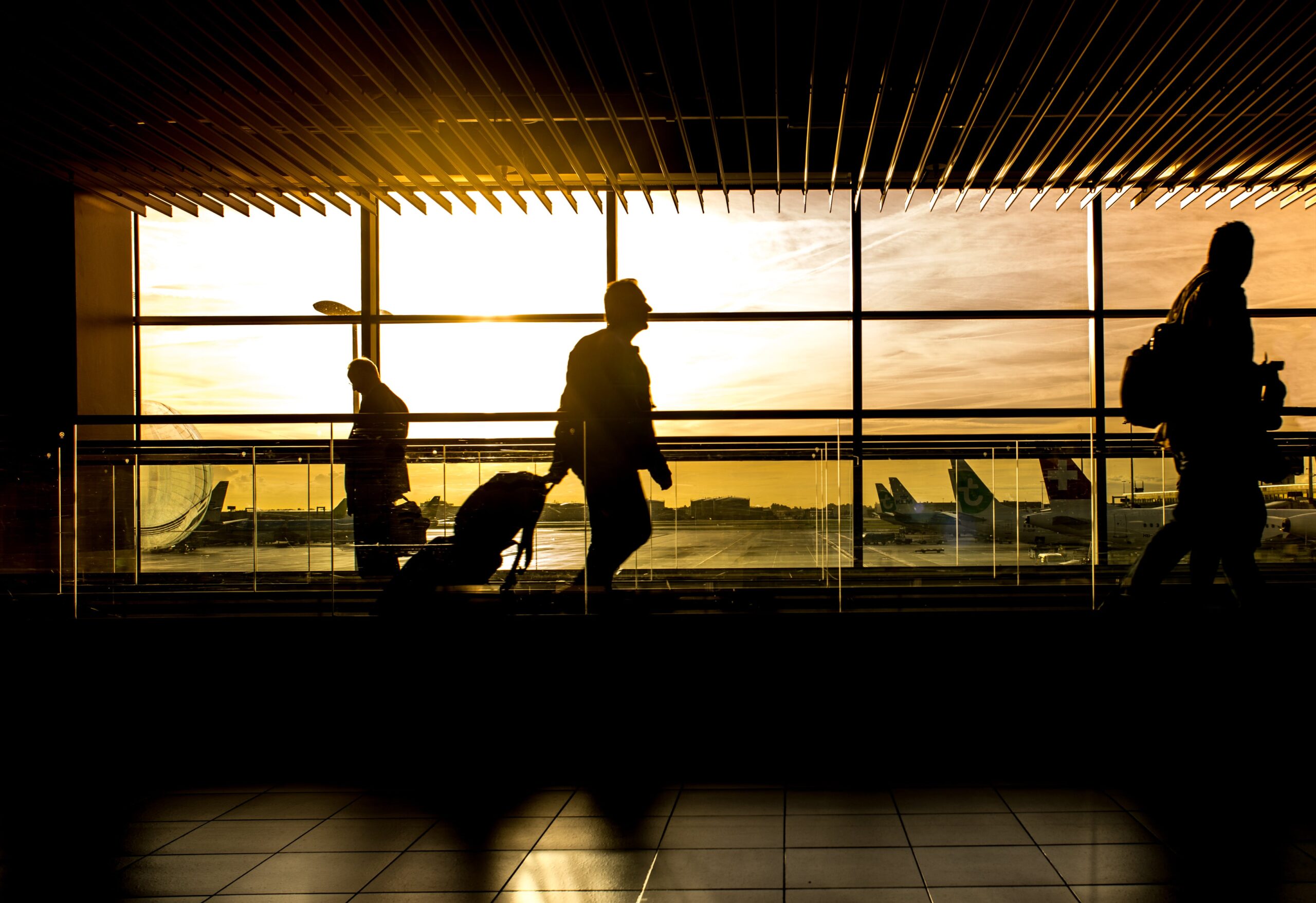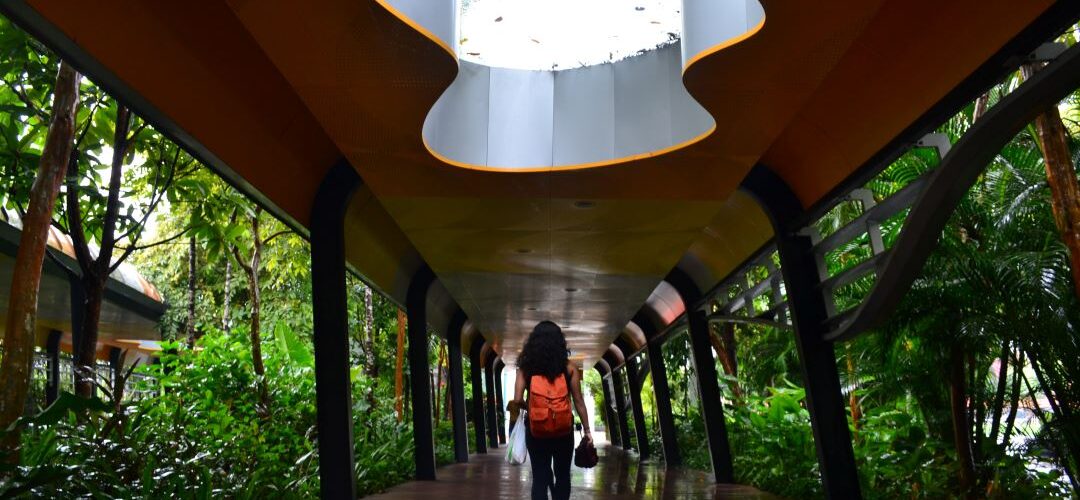
From the Viewpoint of Synergy’s Global Supply Chain Team
Is it safe to say that companies are fully committed to sustainable corporate travel? If recent RFPs are any indication, we’d say yes. Global businesses are no longer looking for sustainability mission statements packed with green buzzwords. Nope, they want evidence. And why not? Green business is good business.
Zooming out, nations and regions worldwide are implementing sustainability policies and regulations to curtail fossil fuel production and carbon emissions. Corporations are following suit and asking more from their partners to help meet the universal need to reduce carbon emissions and achieve waste reduction across all aspects of business.
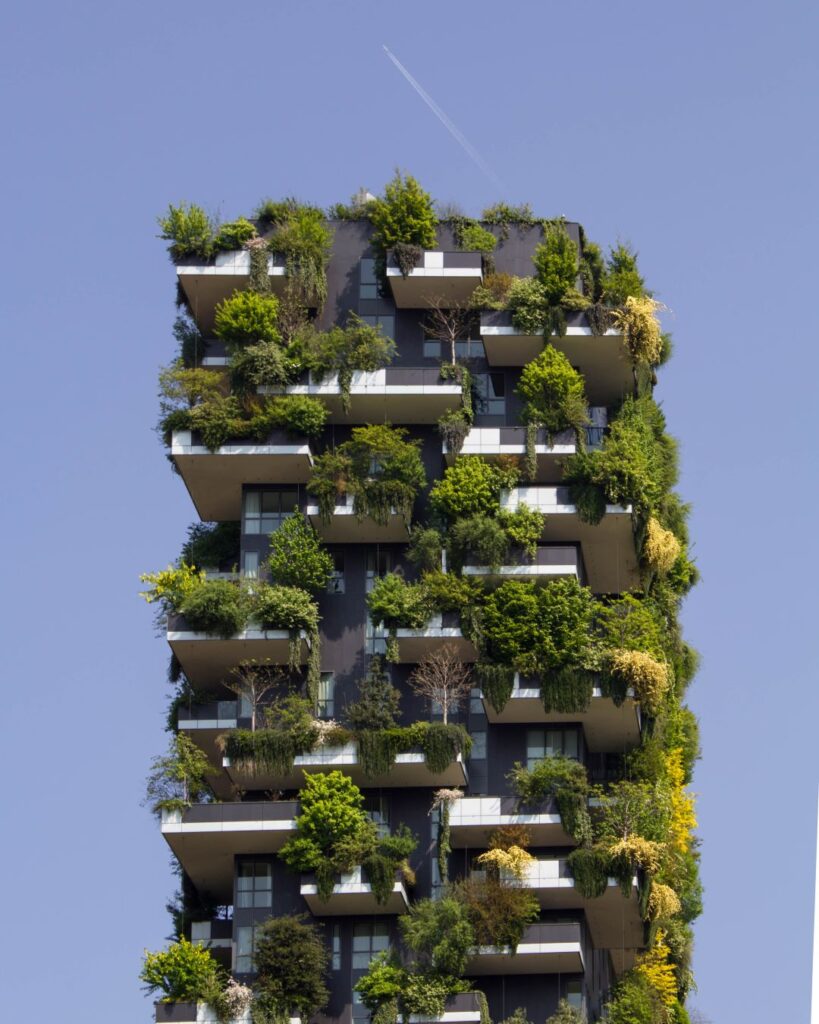
Industry bodies in the service apartment sector have provided operators and clients with guidance, education and specific roadmaps to help navigate new sustainability standards. The Association of Service Apartment Providers (ASAP), along with the Corporate Housing Providers Association (CHPA) and the Worldwide Employee Relocation Council (WERC), each formed sustainability committees in the last two years to aid members in navigating current and emerging sustainability requirements. WERC).
At Synergy, we’re in our third year with sustainability partner GreenFeet focused on ecofriendly apartments to support sustainable corporate travel. Through our partnership, we’ve established clear and measurable carbon reduction goals based on Science-Based Target Initiatives (SBTi). With the momentum of our success, we’ve championed green policies across our 5000+ global suppliers, including removing paper and plastics from our operations, reducing food waste and implementing a “Green Leaf” program, which measures the environmental efficacy of our accommodations (including waste management), giving travelers clear visibility to our sustainable accommodation options.
Learn more about Synergy’s sustainability journey here.
Looking ahead to 2024, what trends should corporate buyers and business travelers look for from their serviced accommodation provider, especially in the realm of sustainable corporate travel? Furthermore, what global standards must stakeholders be aware of as they adapt their travel management and sustainability programs to better serve today’s environmentally conscious corporate traveler?
Serviced Apartments Sustainability Trends
Across the globe, Synergy and our partners are implementing energy efficiency measures to support water conservation, waste reduction, green building design and local sourcing.
Smart Sensors
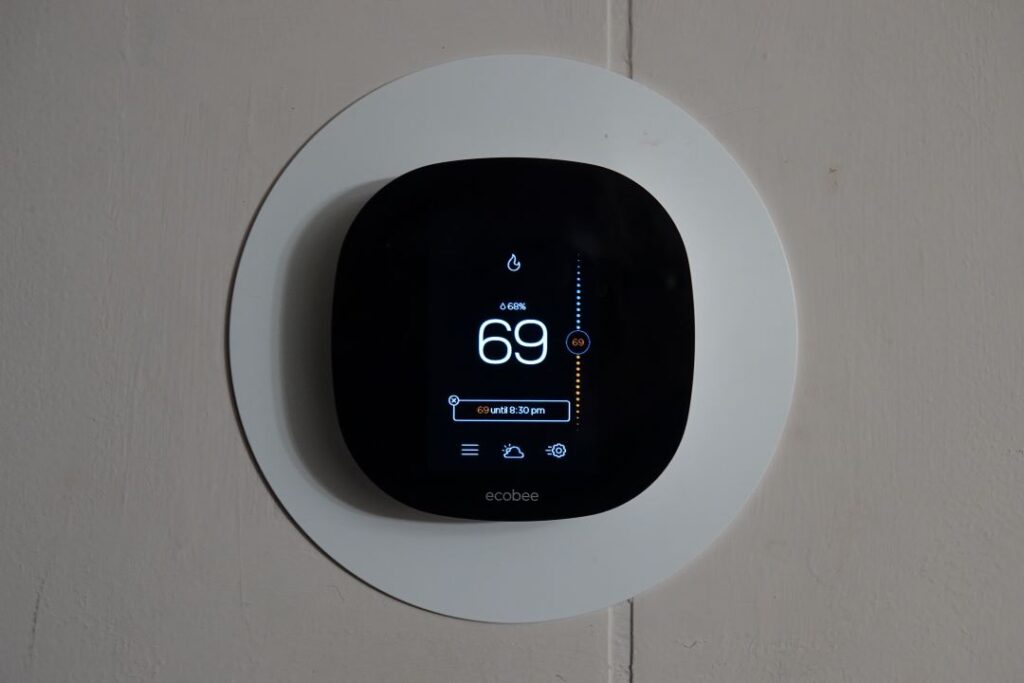
The Internet of Things (IoT), a term popularized by Nest and their smart thermostat, is making its way into the accommodation sector in terms of sensor-based lighting and thermostat controls that shut off appliances when no one is in the room. When coupled with LED lighting and solar generation from rooftop green panels, these lighting and climate sensors help reduce energy waste.
Water Conservation
Low-flow faucets and toilets, as well as encouraging guests to reuse towels and linens are standard practices in most hotels and serviced accommodation providers. But rainwater harvesting — how cool is that! One of our partners uses collected rainwater to water their landscape.
Waste Reduction
Synergy removed nearly half a million sheets of paper on the waste reduction front with the introduction of SynergySMART. Synergy core locations are plastic-free thanks to boxed water, glass water carafes and plastic-free toiletries. Some of our partners have implemented composting programs for organic waste, while others are partnering with local charities to donate left-behind, unused food.
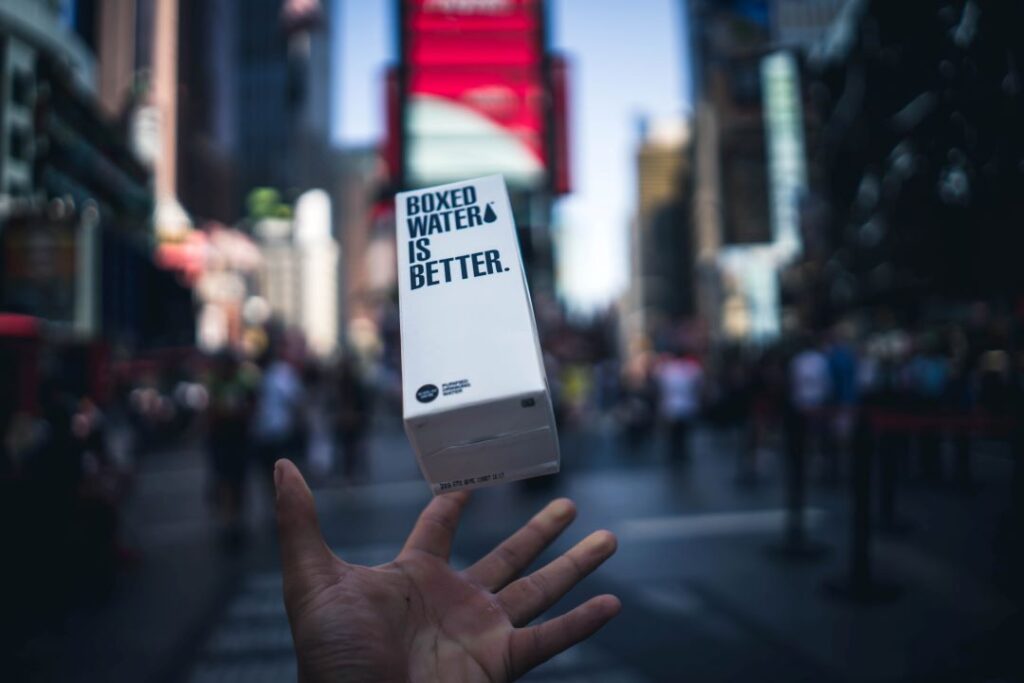
We are also seeing many of our partners source locally-produced food and furniture. This practice reduces the transportation carbon footprint while, at the same time, supports the local economy.
Green Building Design
Aside from the censors noted above, some future-forward sustainable initiatives are happening in building design as well. Eco-friendly building materials, energy-efficient design, electric car charging stations, and green roof design are a few to be excited about. Notably, a supplier partner based in Australia recently opened a new building with carpet made entirely of recycled materials. The best part is that the materials were cost-neutral and rated compared to standard-use carpets.
Global Sustainability Regulatory Trends & Updates
The major buzzword is ESG, which stands for Environmental, Social and Corporate Governance. From the Asia-Pacific to North America, Latin America, Europe, the Middle East and Africa, nations and various regions are adapting policies and enacting regulations to curtail greenhouse gas emissions. Here’s a quick look at some of the green regulatory trends to watch.
APAC
There’s a big push to reduce energy consumption and curtail air and water pollution across the Asia Pacific. On the social front, businesses are expected to pay fair wages and participate in diversity, equity, and inclusion programs. Further, board composition requirements now look to include diversity as part of its structure.
North America
Canada is committed to advancing the 2030 Agenda for Sustainable Development, a 15-year plan that includes initiatives to provide affordable, reliable, sustainable and modern energy for all.
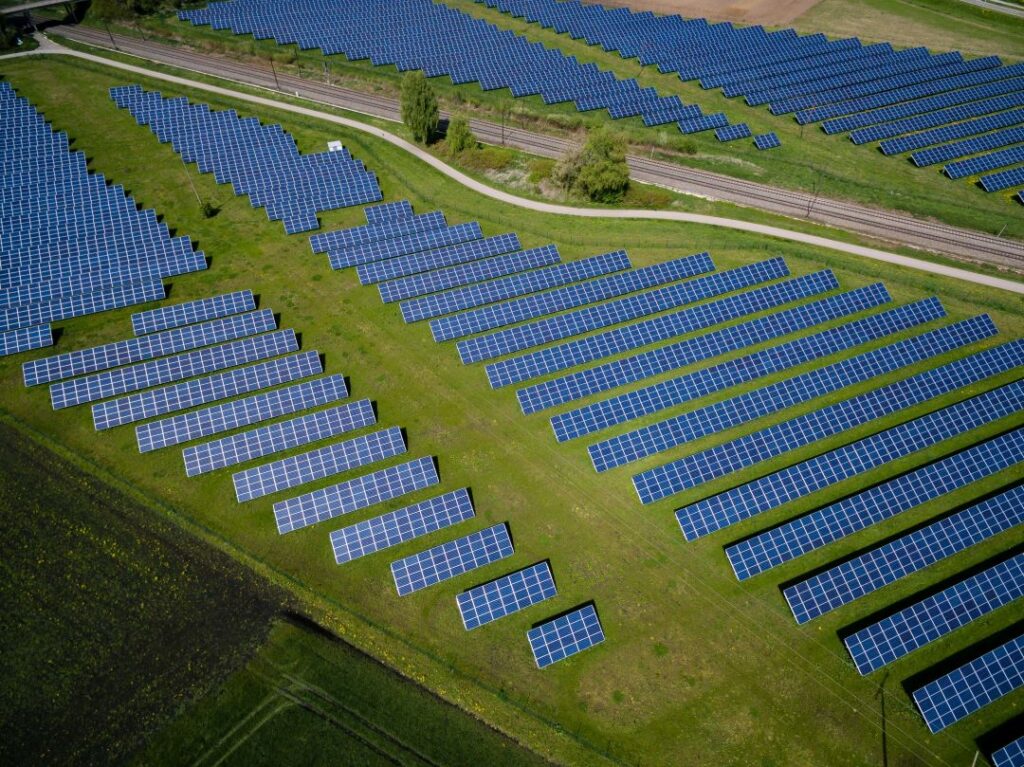
Through the Federal Sustainability Plan, the US Federal Government has outlined a bold plan to achieve numerous carbon and pollution benchmarks. Notably, the US will seek to have 100% Carbon Pollution-Free Electricity by 2030, 100% Zero Emissions Vehicle Acquisitions by 2035, and net zero Emissions Operations by 2050. The US is also set to implement similar measures to the recent European Corporate Sustainability Reporting Directive (CSRD) noted below.
Mexico is working towards environmental sustainability through seven core areas of progress, a plan highlighted by a commitment to plant 20 million trees.
South America (LATAM)
Costa Rica has made significant strides on the sustainability front. Ninety-eight percent of the country is free of deforestation, which has lowered the country’s carbon footprint significantly. Not to mention, the country generates ~99% of its electricity from renewable sources.
Like the US, Brazil aims to reach net zero emissions by 2050. And in welcomed global news, they aim to eliminate illegal deforestation by 2028.
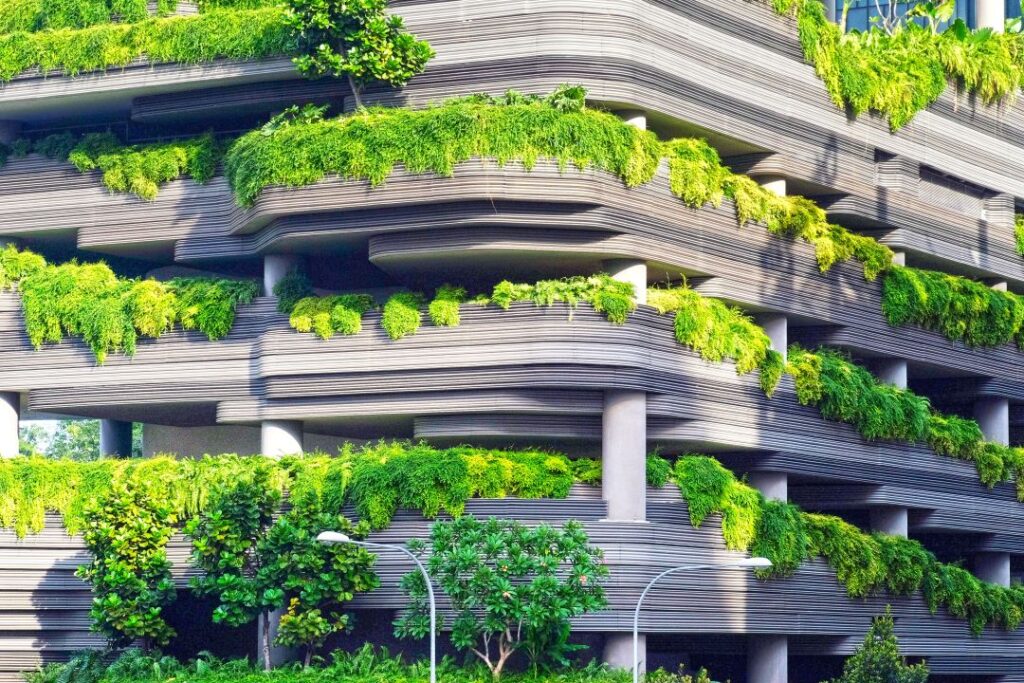
Europe, Middle East, & Africa
At the start of the year, the EU Corporate Sustainability Reporting Directive (CSRD) was put into action by the European Council (CE). The CSRD mandates large and listed companies operating within the European Union to disclose information on a broader range of sustainability-related topics, including environmental, social, and governance (ESG) factors.
The new mandate will have wide-ranging implications for all companies “with as little as one subsidiary in the EU,” as noted in this Deloitte article.
2024 Sustainability Expectations
The serviced accommodation industry is set to embrace a new era of sustainability in 2024, highlighted by data, reporting, and certifications.
In response to the heightened global awareness of environmental impact, we expect corporate buyers, especially public companies, to ask their serviced accommodation providers to help them meet their Science-Based Targets goals. Similar to how Europe led the way on data privacy with GDPR, we expect the CSRD mandate to be the standard benchmark for other nations and regions moving forward.

If that is the case, serviced accommodation providers will have to gather data to back up their sustainability practices. In line with that, we expect green certifications, like ISO 14001, to take center stage and help buyers better understand which serviced accommodation providers are fully committed to sustainability.
Coupling those shifts with business travelers’ increasing demand for sustainable accommodation options, we believe we are set for some breakthroughs in smart sensor integration, energy conservation, advanced water conservation methods, local sourcing and waste reduction.
Synergy is proud to be at the forefront of an industry making sustainable corporate travel good business.


